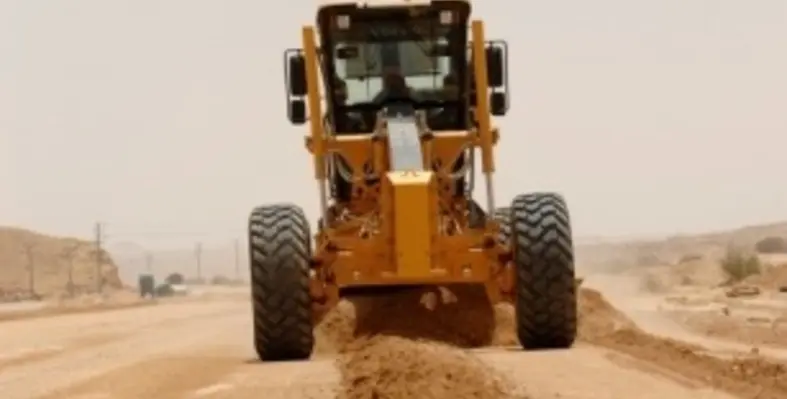Page 1 of 2How Volvo Construction Equipments modular methodology and technologies support a differentiated approach to customer requirements
Anders P Larsson, EVP technology at Volvo CE, led discussions on innovation in the construction industry at a recent forum hosted by Volvo CE in Eskilstuna, Sweden. The primary concerns are quality, monitoring and metrics, safety, efficiency, and productivity, and environmental care.
This last factor, the environment, is a particular concern at Volvo CE; the reason for Volvo Group's invitation to commit ? the only vehicle manufacturer to be invited to commit ? to the WWF Climate Savers initiative, and an over-riding consideration with respect to the development of Volvo CE's driveline technology.
Think about the factors involved and consider Volvo CE's responses: fuel economy, emissions control, how efficiency and comfort affect driveability, met with continuously variable transmissions, OptiShift technology and the delivery of short cycle loading, engine downsizing and electric boosting ? just for a few examples. Without changing operator behaviour, Volvo CE enables operations to become more efficient and more productive.
Volvo CE has an acknowledged history of innovation, for which the company has won many awards over the decades. The future for the company comprises a vision ? in Volvo CE's terms, a 'plan' ? for operations with zero accidents and optimal productivity through the use of increasingly intelligent machines (leading with the current crop of smart vehicles in today's Volvo CE portfolio), increased efficiency (including, for example, electro-mobility).
Serving emerging operations
With respect to emerging markets, Volvo CE vice-president for product planning, Tommy Streipel, explained the company's interest in emerging markets succinctly.
The company appreciates the distractions, the differentiations between nations tagged 'emerging markets', and treats each nation less on its general socio-economic status and more with respect to the 'on-the-ground' impacts of regulatory concerns, real cost differentials, initiatives geared towards and industrialisation.
It is aware, too, that 150 of the world's 192 countries have serious construction ongoing. There are 211 Volvo dealers around the world, so the company is well-positioned to serve construction sectors the world over.
Its commitment to economic growth through construction entails a plethora of associated equipment manufacture and provision (including attachments) and services (such as telematics). And the company has sought to understand customer behaviour with respect to acquisition of products and services, in relation to regional, national and local requirements.
Streipel offers South Africa as an example of a differentiated approach to markets. The use of a wheel loader in Sweden differs from that of South Africa, if only because the climate is markedly different.
So, Volvo CE looks at its wheel loader in modular fashion, treating its vehicle's attributes as modules to include or omit to suit specific customer needs. This modular approach entails, for example, fitting Tier 2 engines rather than Tier 3, to meet both variations in regulatory frameworks and to meet concerns over running costs.
Continues on page 2...







